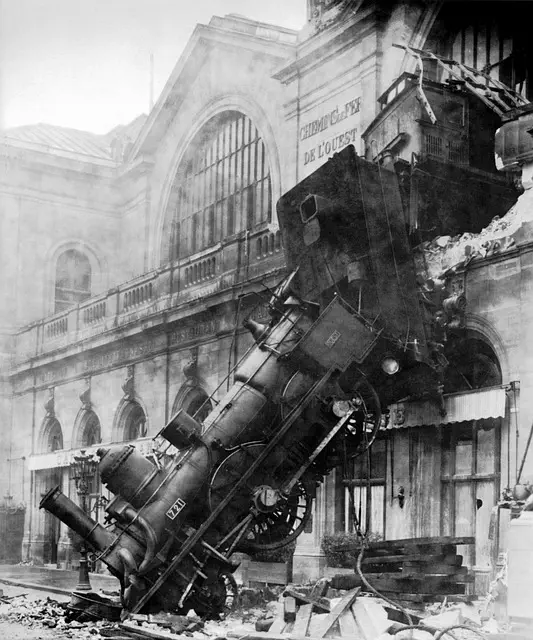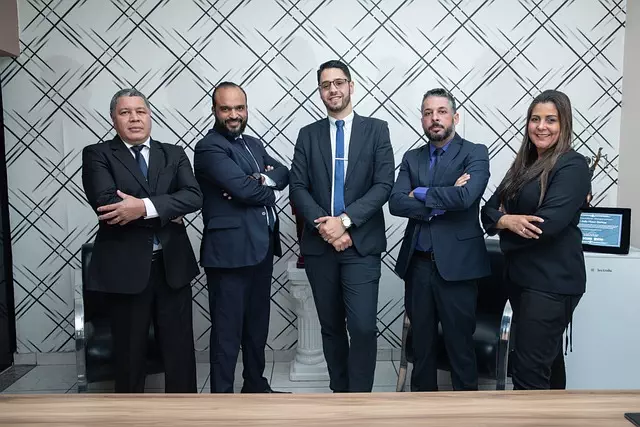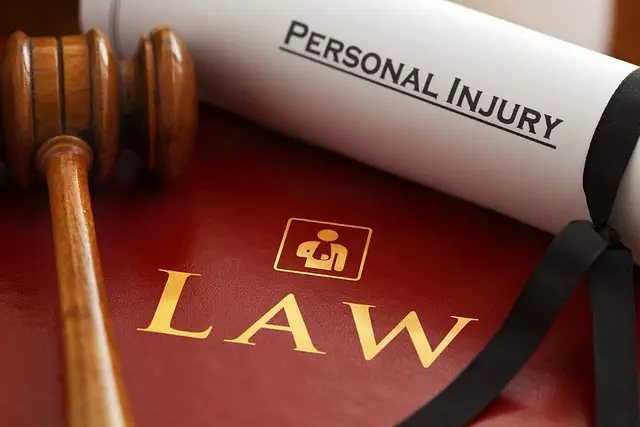Rideshare safety litigation involves legal actions against companies and drivers due to medical negligence or safety issues in Manhattan. Medical Negligence Attorneys play a critical role by investigating accidents, gathering evidence, and advocating for victims' rights. They ensure rideshare firms adhere to regulations on driver training, vehicle maintenance, emergency response systems, and advanced safety technologies. These attorneys navigate complex legal landscapes, state laws, and regulatory bodies like the FMCSA to hold responsible parties accountable and protect passenger security.
Rideshare Safety Litigation: Unraveling Medical Negligence Claims in Manhattan
In the dynamic landscape of urban mobility, rideshare services have revolutionized transportation. However, as their popularity grows, so do concerns about safety and accountability. This article provides a comprehensive overview of medical negligence litigation surrounding rideshares, focusing on Manhattan’s legal framework. We explore common incidents leading to lawsuits against rideshare companies, the roles of regulatory bodies, drivers, and passengers. Key topics include identifying medical negligence issues, understanding passenger rights, and the crucial role of experienced Medical Negligence Attorneys Manhattan in securing justice. Additionally, we offer insights into prevention strategies for safer ridesharing experiences.
- Understanding Rideshare Safety Litigation: A Comprehensive Overview
- – Definition and significance in the context of medical negligence.
- – Common incidents leading to litigation against rideshare companies.
- Legal Framework for Rideshare Safety
- – Regulatory bodies and laws governing rideshare operations.
- – Roles and responsibilities of rideshare companies, drivers, and passengers.
Understanding Rideshare Safety Litigation: A Comprehensive Overview

Rideshare Safety Litigation involves legal actions taken against rideshare companies and their drivers due to incidents of medical negligence or other safety-related issues. These cases often stem from accidents, assaults, or failures in ensuring passenger security during the ride-sharing process. A Medical Negligence Attorney Manhattan can play a pivotal role in such litigation by investigating accidents, gathering evidence, and advocating for victims’ rights.
Comprehensive oversight of rideshare safety is crucial to protecting passengers. This includes examining driver background checks, vehicle maintenance protocols, emergency response systems, and the implementation of advanced safety technologies. By understanding these aspects, legal professionals can construct robust cases that hold rideshare companies accountable for their obligations to ensure passenger well-being.
– Definition and significance in the context of medical negligence.

Rideshare Safety Litigation, particularly when involving medical negligence, is a complex legal arena where passengers seek justice for injuries sustained during their journeys. A Medical Negligence Attorney Manhattan plays a pivotal role in navigating this landscape, advocating for clients who have suffered due to the carelessness or incompetence of rideshare drivers or companies.
In the context of medical negligence, this involves proving that the rideshare provider or driver failed to exercise the level of care expected of a reasonable professional, leading to harm or injury to the passenger. This may include issues related to driver training, vehicle safety standards, and emergency response protocols. Litigants must demonstrate causation and damages, often requiring expert testimony and medical records to substantiate their claims.
– Common incidents leading to litigation against rideshare companies.

Legal Framework for Rideshare Safety

The legal framework for rideshare safety in Manhattan is a complex web of regulations designed to protect passengers and ensure accountability. Medical negligence attorneys play a crucial role in navigating this landscape, advocating for victims who have suffered injuries due to negligent driver behavior or vehicle maintenance issues. State and local laws govern the licensing, background checks, and safety standards of rideshare companies, with strict penalties for non-compliance.
These regulations encompass everything from driver training and drug testing to vehicle inspection protocols and emergency response systems. Passengers rely on these safeguards to ensure their security during each ride, trusting that the legal framework will hold accountable any party responsible for medical negligence or other harm. The interconnectedness of these laws demands a comprehensive understanding by both legal professionals and transportation companies alike to maintain the highest safety standards in Manhattan’s dynamic urban environment.
– Regulatory bodies and laws governing rideshare operations.

Rideshare Safety Litigation involves navigating complex regulatory bodies and laws governing these operations. Medical Negligence Attorneys in Manhattan, for instance, play a critical role in ensuring that ridesharing companies adhere to safety standards and compensate victims in cases of medical negligence or accidents. These laws vary from state to state, with each jurisdiction establishing its own rules on driver qualifications, vehicle maintenance, insurance coverage, and passenger protection.
Regulatory bodies such as the Federal Motor Carrier Safety Administration (FMCSA) in the United States oversee interstate commerce and set safety standards for commercial vehicles, including rideshare services. Furthermore, local transportation departments and consumer protection agencies enforce laws related to licensing, route restrictions, pricing transparency, and driver behavior, all aimed at enhancing passenger safety and addressing potential instances of medical negligence.
– Roles and responsibilities of rideshare companies, drivers, and passengers.

In the context of rideshare safety litigation, understanding the roles and responsibilities of each stakeholder is paramount. Rideshare companies, such as Uber or Lyft, are responsible for ensuring their drivers meet safety standards and that their platforms facilitate secure transactions. They must implement robust background checks, provide necessary training, and offer emergency response features within their apps.
Passengers, on the other hand, have a duty to choose responsible drivers and report any unsafe behavior. Medical negligence attorneys in Manhattan emphasize the importance of passengers being vigilant, reporting suspicious activities, and understanding their rights in case of an accident. Drivers bear the brunt of responsibility for maintaining their vehicles, adhering to traffic rules, and ensuring passenger safety throughout the journey.
